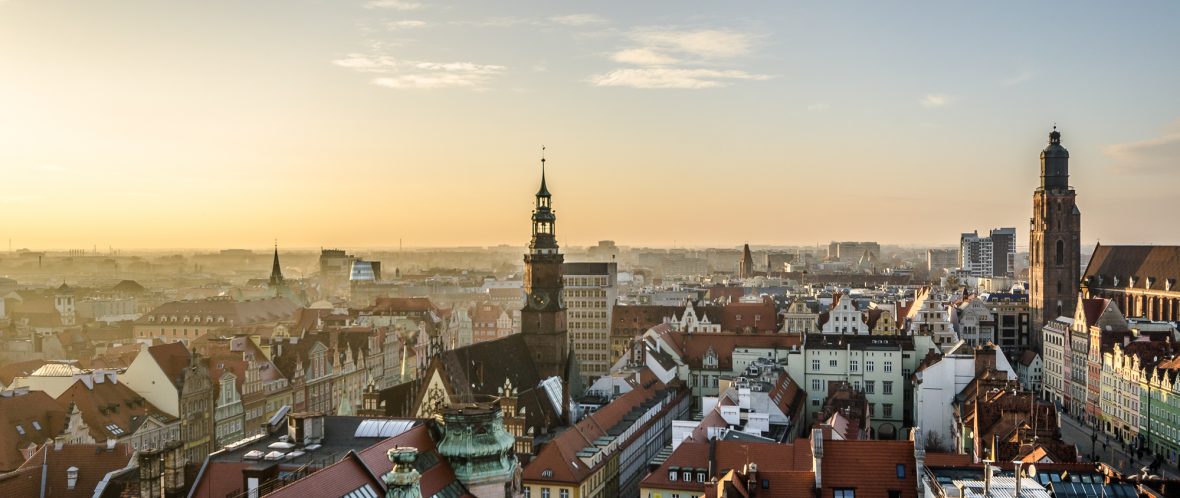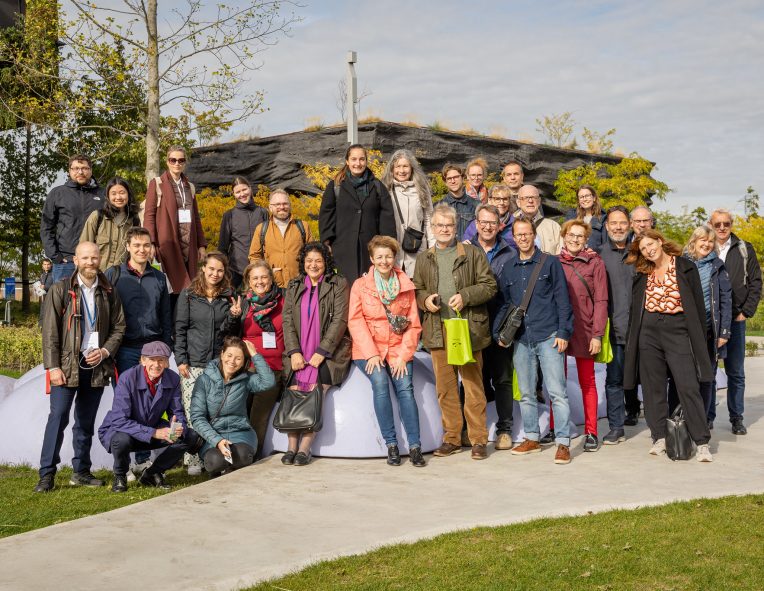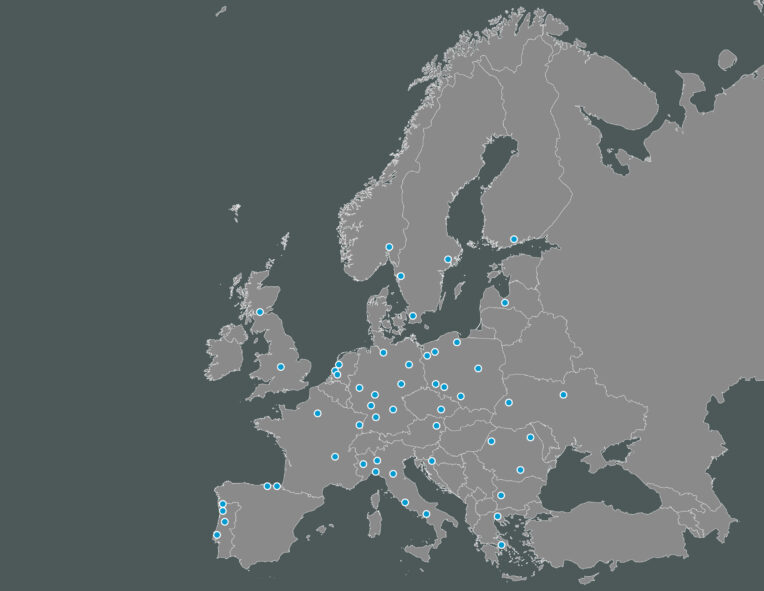Agenda (12:00-13:30 CET)
Opening – Łukasz Medeksza – Management Committee Member
Presentation of 4 scenarios for the future – Kacper Nosarzewski, 4 CF company
Lyon experience and their nine visions for the future –
Sébastien Rolland, UrbaLyon
Discussion
Strategy Expert Group – proposals, opinions, declarations of participation
“War doesn’t choose who suffers”
The METREX president Jakub Mazur introduced this event with a reflection on the war in Ukraine and the resulting humanitarian efforts. Mr. Mazur spoke about the call from METREX to its network of European metropolitan cities and areas to support the refugees by offering transport and accommodation in their cities and regions. Mr. Mazur thanked everyone for their efforts in easing the trauma of war and expressed that Europe must stand united.
Metropolitan scenarios
Łukasz Medeksza introduced the idea behind the meeting which was a project initiated by City of Wrocław to generate a number of scenarios of the future. Recent events were of course weighing heavy on the minds of everyone, and it was clear now more than ever that the future is very difficult to predict. The scenario reports from Wrocław, for example, did not predict war; but the likelihood of war and the brittleness of human relationships must be a part of any future scenarios.
Kacper Nosarzewski spoke about the key uncertainties that form the basis of the scenarios produced for the City of Wrocław. These uncertainties are critical to understand what can be controlled, or more easily influenced. The aim of the Foresight is to inform decision makers about these disruptions, which can be both desirable and undesirable.
As a result, four scenarios of Wrocław’s surroundings in 2050 were created, which can act as a map of the future for the city. In order to create an emotional relationship to the scenarios for the recipients, short stories describing one day in the life of a resident of Wrocław in 2050 have been prepared for each of them. The ‘Strong State’ was a basis of the first scenario, which presented a shift to soft authoritarian rule and problems connected with the climat crisis and pandemics;; the second projected a lack of economic opportunity and low growth; the third was about a slow-life scenario that fed trust, social capital and common good; the fourth focused on the expansion of tech and people’s relationship with an AI-led restructure of communities and governance.
These story-led scenarios are designed to challenge and broaden the horizon about what can be achieved with the right social policy.
Despite the omission of war, other big crises such as the climate emergency were included. This example was interesting because it is linked to what is still a set of contested policy changes. Not everyone agrees that climate change policies are needed and this is backed by the neoliberal economy, which does not incentivise action against climate crisis.
Sebastien Rolland from UrbaLyon spoke about the 2040 foresight work done for the Lyon Metropolitan Area. This region suffers many challenges such as very high and rising house-prices, as well as being very susceptible to the predicted climate-related heat rises. This foresight builds on a vision presented in 2006 which needed to be reworked due to an acceleration in the rate of change. The project took 18 months and involved more than 250 people. It also looked at uncertainties from health to rebellion to technology, using illustrations to create an emotive experience for those contributing.
To ensure that they captured a wide and diverse set of voices, they turned the foresight process into a card game. Within this game, players tell a story about what they see for the future from various different viewpoints. Nine clear scenarios were produced, each of which has positive and negative aspects and trade-offs that must be made to achieve the dream scenario. In Chloroville, for example, the dream was to create a wonderful world of green spaces. However, the price for this was increased privatisation and segregation between those with money and those without. The vision, therefore, encouraged players to consider balance within their visions.
The game is being adapted for middle schools in Lyon to make young people aware of imagining and creating a path to the future.
—
As METREX sees with the work on its Metropolitan Vision, the issues affecting cities and regions and big and complex, and range from energy to transport. These issues need to be integrated, and this sort of foresight work can help everyone who has a role to play to visualise this complexity. This is particularly important for politicians, who must arrange pieces of the city to create balance, order and prosperity.
The discussion with the audience covered a number of issues, from practical questions about the length of time to run such schemes, to what level of detail can be achieved. There are many common challenges across areas in Europe, but also many historical and geographical differences, profiles and languages. These types of initiatives can create a common layer to support regions, upon which local context can be applied.
A METREX Expert Group dedicated to strategies and foresight is being planned and all METREX Members are welcome to participate: please contact Stephen Gallagher (stephen.gallagher@eurometrex.org) for details.
“The future is happening now”, said Łukasz Medeksza, as he proposed that the group meet and play the foresight game.



